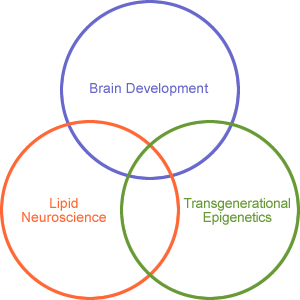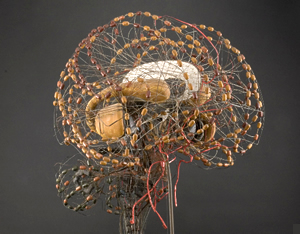Message (2021.05.19)
Welcome, Mao, Lan-kun and Kaede!!!
Tin has spent five years in our lab, and moved to the US as a postdoc at Anton lab in North Carolina at the end of March. In return, Mao, Lan-kun and Kaede have joined our lab from April. Spring is always a season of encounters and partings.
Our digital/virtual/online activities have already become our normal daily life. We now appreciate its convenience not to go far away for a business trip, or even in a meeting at a different building in the same campus. Or, we do not need print many documents and instead just look at files on the monitor.
President of our Tohoku University, Dr. Hideo Ohno, talked to the students at the time of graduation in March that social distancing does not mean social isolation. We are connected.
Yeah, it’s true, but yet I think we are missing something like chance ideas…






